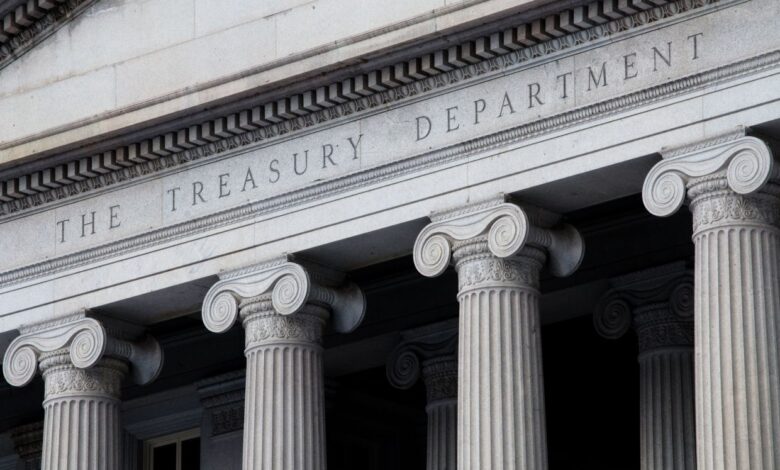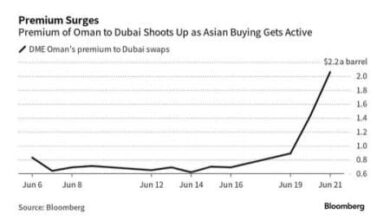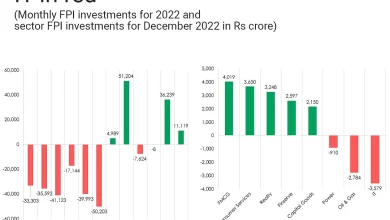Vietnam and Taiwan have exceeded the US Treasury’s currency criteria, although no manipulator designations have been issued
Vietnam and Taiwan have once again exceeded the Treasury Government's benchmarks for probable currency manipulation and heightened analysis set under a 2015 trade law, but the department declined to label them as manipulators on Friday.

Due to revised, larger assessments for trade and current account surpluses, as well as foreign exchange market operations, Switzerland narrowly avoided triggering all three manipulation criteria in the Treasury’s latest semi-annual currency report.
In April, all three had exceeded the Treasury’s criteria, necessitating more US engagement to alter their procedures. In December, former President Donald Trump’s government labelled Vietnam and Switzerland as currency manipulators, citing a 1988 currency statute.
According to the current report, no significant trading partners attempted to manipulate their currencies for a trade advantage or to impede effective balance of payments adjustments during the year ending June 2021.
To satisfy US concerns, the government said it would continue to cooperate with Vietnam and Taiwan. The Treasury said it will conduct an in-depth investigation of Switzerland’s policies for another year, despite the fact that the alpine country only tripped the trade and foreign exchange intervention criteria.
Switzerland was added to the Treasury’s “Monitoring List,” which includes China, Japan, South Korea, Germany, Ireland, Italy, India, Malaysia, Singapore, Thailand, and Mexico, as well as 11 other countries that remained on the list: China, Japan, South Korea, Germany, Ireland, Italy, India, Malaysia, Singapore, Thailand, and Mexico.
Treasury said it was “pleased with Vietnam’s progress to date” and that it will continue to work with Taiwan, which it began in May.
The Treasury said of the Taiwan engagement, “This engagement includes urging the formulation of a plan with detailed initiatives to address the fundamental causes of currency undervaluation and external imbalances.”
The US abandoned a threat to apply tariffs on Vietnamese exports in July after the country’s central bank promised to refrain from currency manipulation and make its exchange rate processes more open with the US Treasury. The agreement came after Reuters reported that Vietnam was trying to avoid Treasury requirements by shifting its spot dollar purchases to advance purchase contracts with banks.



